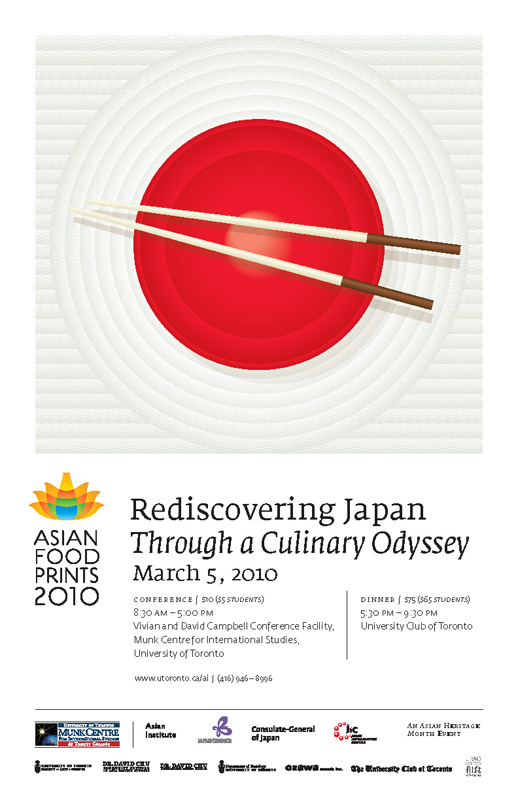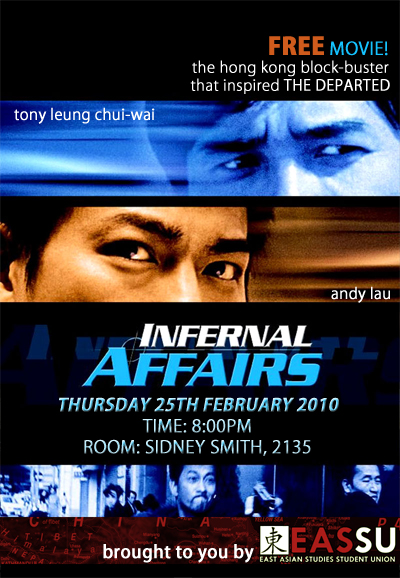Thursday, March 18 – 208N Munk Center @ 10:00
Speaker:
Marcus Noland (Deputy Director, Peterson Institute for International Economics)
Abstract:
Marcus Noland will speak about economic change in North Korea (including the failure of recent currency reforms) and the criminalization of economic activity in North Korea (including the expanded use of the penal system). His talk is based on two large scale refugee surveys conducted by Noland, who will also touch upon nascent dissent and political attitudes in North Korea based on his findings.
Bio:
Marcus Noland is the deputy director and senior fellow at the Peterson Institute for International Economics, where he has worked since 1985. His research encompasses a wide range of topics including the political economy of US trade policy and the Asian financial crisis. His areas of geographical knowledge and interest include Asia and Africa where he has lived and worked. In the past he has written extensively on the economies of Japan, Korea, and China, and is unique among American economists in having devoted serious scholarly effort to the problems of North Korea and the prospects for Korean unification. He won the 2000–01 Ohira Memorial Award for his book /Avoiding the Apocalypse: The Future of the Two Koreas/.
Noland was educated at Swarthmore College (BA) and the Johns Hopkins University (PhD). Noland has served as a Senior Economist at the Council of Economic Advisers in the Executive Office of the President of the United States and as a consultant to organizations such as the World Bank and National Intelligence Council.. He has held research or teaching positions at Yale University, the Johns Hopkins University, the University of Southern California, Tokyo University, Saitama University (now the National Graduate Institute for Policy Studies), the University of Ghana, the Korea Development Institute, and the East-West Center. He has received fellowships sponsored by the Japan Society for the Promotion of Science, the Council on Foreign Relations, the Council for the International Exchange of Scholars, and the Pohang Iron and Steel Corporation (POSCO).
– Hosted by the North Korea Research Group

